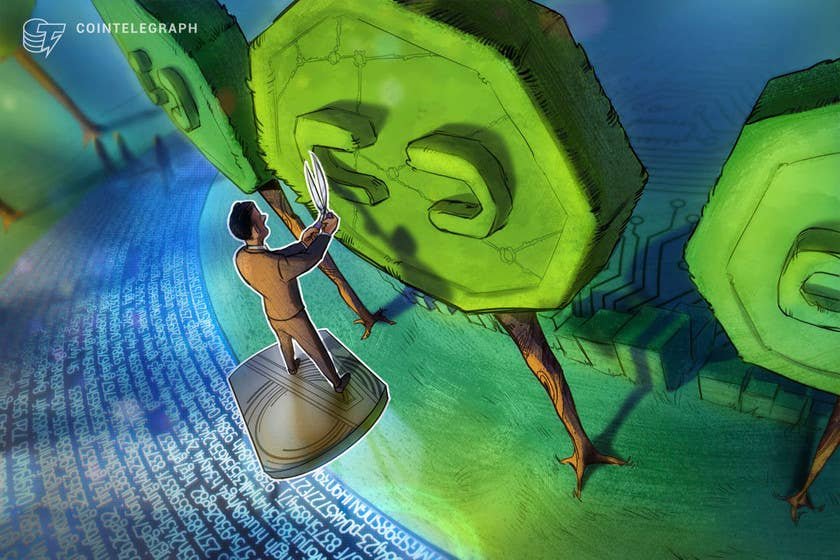Nigerian cryptocurrency adoption continues to rise regardless of a govt crackdown, with seek-to-seek (P2P) alternate volume for Bitcoin (BTC) posting its second strongest week on file last month.
In step with knowledge from Google Trends, Nigeria silent ranks No. 1 by search hobby for the keyword “Bitcoin” as of this writing. P2P Bitcoin trading denominated in the Nigerian naira has additionally progressively increased in 2021, with Nigeria rating in the assist of most productive the United States as the second-largest market for seek-to-seek BTC trading, in line with Precious Tulips.
The increasing Bitcoin adoption in Nigeria has helped Sub-Saharan Africa emerge as the main station by P2P volume, with the station posting $18.8 million in weekly volume to beat out North America’s $18 million this previous week.

A confluence of political and economic crises has spurred local crypto adoption, along with social repression, foreign money controls and rampant inflation.
Tensions in Nigeria have escalated since October after big public protests opposing police brutality and the injurious “Sars” police unit swept the nation.
The EndSars protests saw protestors attacked with tear gas and water cannons, with greater than 50 civilians killed in total, along with a dozen who had been shot slow by police armed with are dwelling ammunition on Oct. 20.
The government crackdown saw economic repression, too, with social organizations supporting the protestors with meals and clinical assist rapid discovering their financial institution accounts frozen. Amid the violence, protestors more and more turned into to cryptocurrency in expose to station their economic task exterior of the govt.’s attain.
Adewunmi Emoruwa, the founding father of Gatefield — a public coverage group whose accounts had been suspended for offering grants to journalists covering the protests attributed Nigeria’s fresh hostility referring to crypto sources to October’s protests, telling The Guardian:
“I respect that EndSars is respect the predominant catalyst for a majority of these choices the govt. is making. It resulted in difficulty. They saw, let’s train, that folk would perchance well decide to bypass govt buildings and establishments to mobilize.”
An nameless provide claiming to listing a social group whose financial institution accounts had been focused throughout the turmoil additionally educated the newsletter that their community has been ready to pay members’ salaries with crypto regardless of the financial embargo.
“We retain some securities in crypto — no longer too critical but ample, create of as an insurance coverage,” they acknowledged. “When the ban took station we had been, fortunately, ready to pay salaries.”
In February, the govt. banned licensed banks from processing cryptocurrency transactions in an attempt and crack down on digital asset adoption.
On the opposite hand, Nigeria’s progressively rising P2P Bitcoin volumes suggest the nation’s increasing crypto user spoiled has largely been driven underground in a train to glean admission to crypto sources from exterior of the govt.’s purview.
Marius Reitz, the Africa commonplace manager of crypto trading platform Luno, educated The Guardian that Nigeria’s ban has most productive made cryptocurrency trading more difficult to be conscious, stating:
“A model of trading task has now been pushed underground, which methodology many Nigerians are now relying on much less real, much less clear over-the-counter channels, moreover Telegram and WhatsApp teams, where folk alternate suddenly with every other.”
The government’s moves to repress crypto have additionally got inner criticism, with Vice President Yemi Osinbajo publicly rebuking the ban in February.
No topic the nation’s hostility toward decentralized crypto sources, Nigeria is on the second exploring the approach of a central financial institution digital foreign money (CBDC).
In gradual July, Nigeria’s central financial institution printed plans to launch trialing its CBDC from Oct. 1 of this year.


